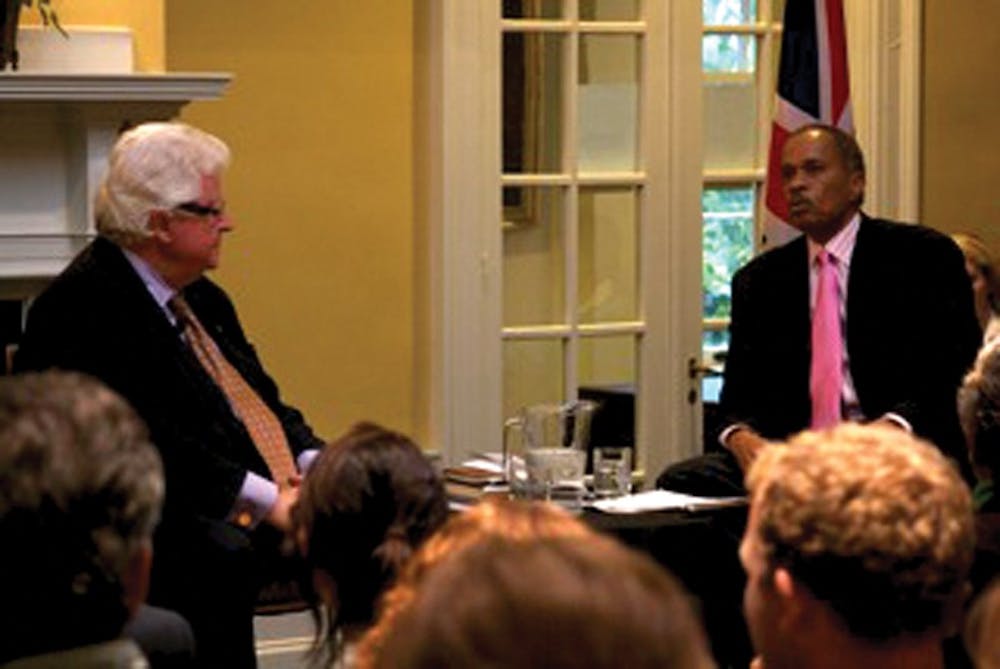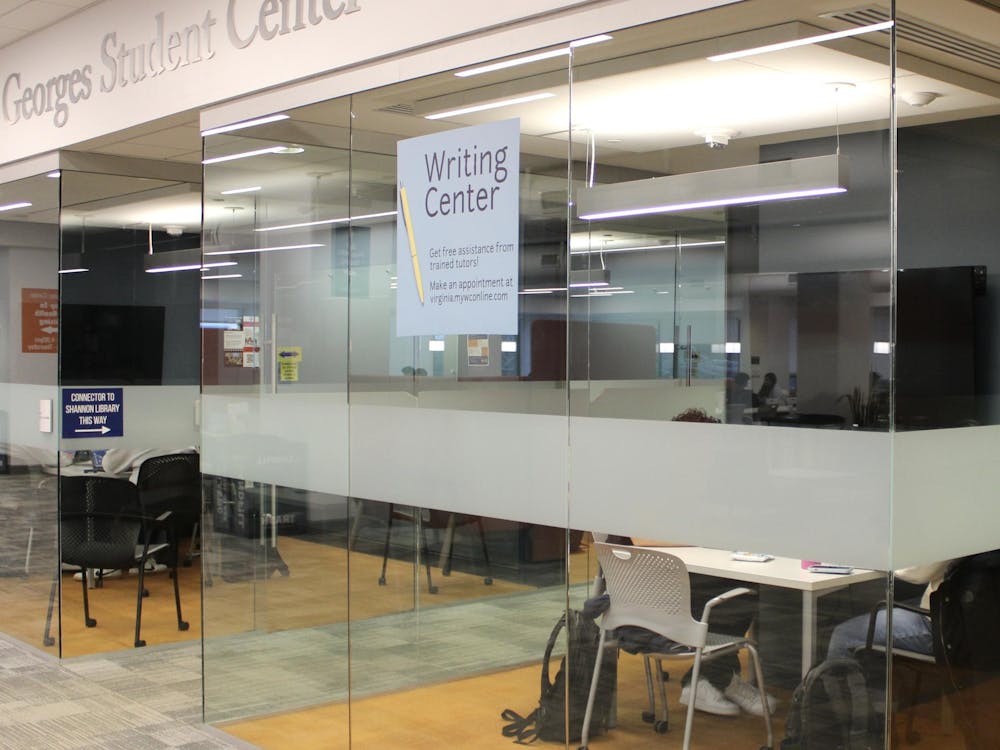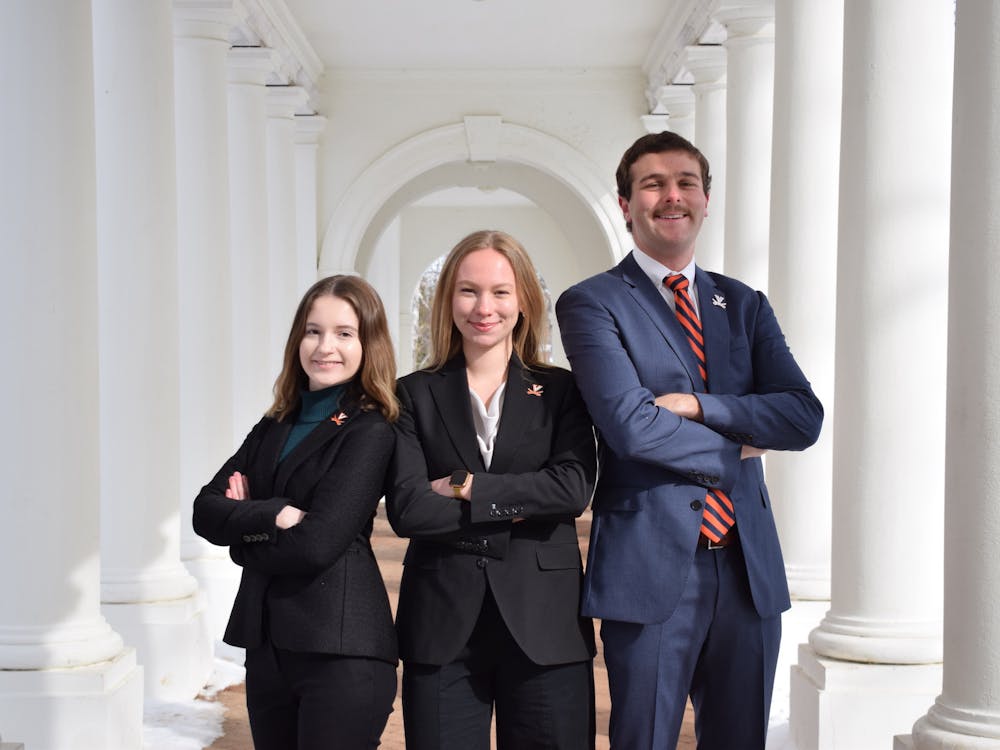The Center for Politics hosted a panel at the Colonnade Club Friday to discuss the political relationship between the United States and Britain.
Larry Sabato, director of the center and politics professor, moderated the three-person panel which included Evan Bayh, a former governor and U.S. senator from Indiana who currently works as a Fox News contributor, lawyer and senior advisor to Apollo Global Management; Juan Williams, a political analyst for Fox News who previously worked as a senior national correspondent at National Public Radio and worked for more than 20 years at The Washington Post; and Lord Alan Watson, a member of the British House of Lords who serves as the high steward of the University of Cambridge and formerly worked as a news analyst for the BBC.
Sabato began the discussion by asking, "As you know, Winston Churchill said there was a 'special relationship' between us and Britain. To what extent do you think this relationship still exists and to what extent should it exist?"
Sabato also asked panel members what they believed this relationship might look like in the future.
Watson said he believes a "fundamental kinship" exists between the United States and Britain, tying the countries together through a shared language and history. Watson also critiqued the current relationship, however.
"I personally think the Anglo-American relationship needs a wake-up call," he said, adding that he thinks the countries need to "revisit the core values of this relationship and articulate them as a vision, not simply a policy reaction to a particular crisis."
Bayh agreed with Watson that the United States shares "common values" with Britain, but he also thought the relationship between the two countries must be based on an "equality of standing."
He added that dynamics between the two countries create an intersection of interests that tie the United States and Britain together, which is important because "great nations don't have permanent allies, they have permanent interests." Therefore, it is the "confluence of those [interests] that lead to [this] special relationship," he said.
Williams referred to two ways that he thinks about the relationship between the United States and Britain. He said he sees it as both a historical relationship between prime ministers and presidents and a relationship which exists during times of war, citing both world wars and the wars in Iraq and Afghanistan.
Williams said he believes there is "no greater measure of solidarity" than when Britain allies with the United States to fight a war, even when Britain is "not convinced of the justification [for the war], but convinced of the values [behind the war]."
When addressing the future of the relationship, the panel members focused on how the countries will respond to increasing austerity.
Bayh said today it is difficult to separate hard power, or military power, from soft power, which he described as economic and diplomatic power.
"Our ability to engage in the uses of hard power is constrained by our economic and physical realities," Bayh said, noting that hard power will only be successful in the long term if it is supported with soft power.
Bayh added that austerity will put greater constraints on hard power, which would make the United States more reliant on "cooperation in intelligence" with Britain, and that this could ultimately "lead to great work" between the two countries.
Watson then elaborated on constricting armed forces. While the British contribution may be small, it will be very important symbolically, Watson said.
"At the end of the day, the British share with the Americans a pride in those armed forces, even though they may be reduced, and a willingness to commit them to battle when justified," he said.







